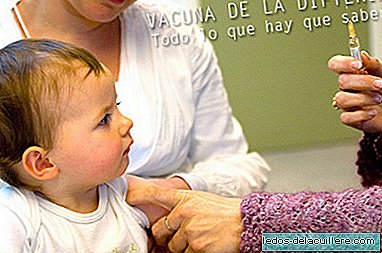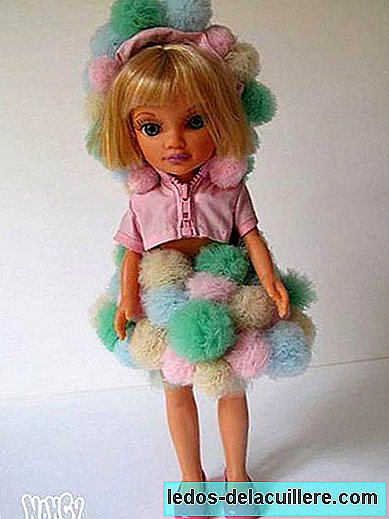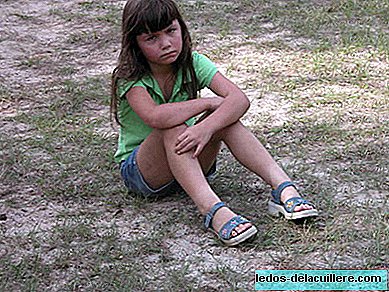
Biting is a behavior that some children between the ages of 1 and 3 have. There are different reasons why they do it, but in any case it is necessary to teach them from the first moment the consequences of biting.
To understand this problem we must understand why children bite
Babies use their mouth to explore, learn and also to interact. It is one of the parts of your body that are more developed. Sometimes with teething they need to calm their gums, which they often bite because they lack self-control and act impulsively.
In the case of children from 1 to 3 years the reasons are different. At this age they begin to socialize, to interact with their peers, but they do not yet have a language or have sufficient skills to communicate. Biting is a way to get a toy or get attention. They also do it when they are nervous or frustrated: in the face of new situations, the arrival of a little brother, the entrance to the kindergarten ... Other children simply bite by imitation. In preschool age the biting behavior usually disappears. At these ages children already begin to have communication skills that allow them to live with their peers. A child who frequently bites at this stage may be presenting emotional problems.
The first thing to do is observe when and why this behavior appears. When a child bites we must always convey that aggression is not accepted. We must intervene quickly, but calmly and show our disapproval. We must explain that "you can not hurt" by looking into his eyes. If the child is playing, he must separate himself from the activity (two minutes are enough), if he wants to continue playing with others he will have to stop biting. It is also advisable to have a restorative behavior: help him heal the friend, kiss him, apologize ...
Prohibiting a behavior does not mean that the child understands what the right behavior is. Children should be served as role models; for example show them new ways of relationship, use language, wait shifts, borrow, caress their friends ...
When the child exhibits positive behaviors (ask permission to take another child's toy, for example) we should praise him, value them when they are playing "peacefully" with other children.
We must never respond with the same action: biting a child who bites is a big mistake. When they are very young, they cannot relate the pain they feel with what they cause when they bite others. Do not use violence or humiliation to eradicate behavior. Dialogue, speak with firmness and coherence while maintaining the quality of the emotional bond.












